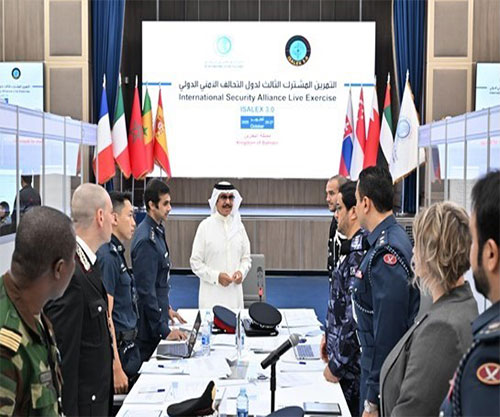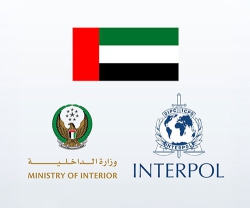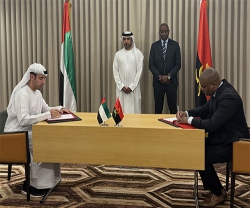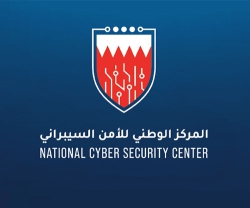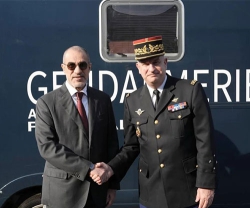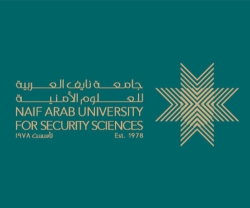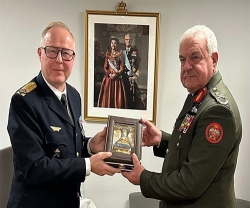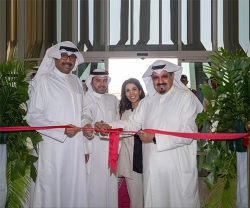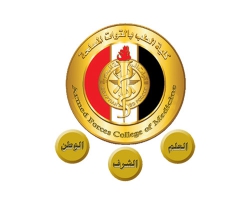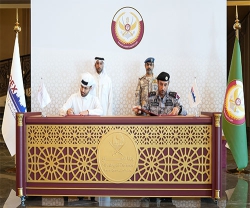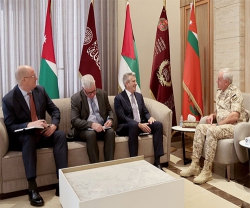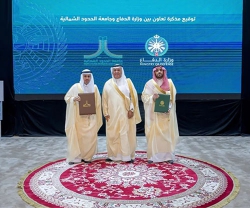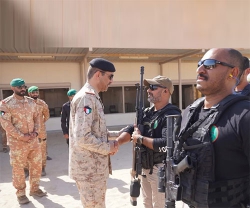General Shaikh Rashid bin Abdullah Al Khalifa, Bahrain’s Minister of Interior, inaugurated the third joint exercise of the International Security Alliance, hosted by the Interior Ministry.
The field-based exercise, the first of its kind organised by the alliance, involves nine participating countries, including: The Kingdom of Bahrain, the United Arab Emirates (UAE), France, Italy, Spain, Slovakia, Senegal, Singapore, and Morocco as well as representatives of law enforcement agencies, specialised tactical and technical teams, rapid intervention units, aviation, communications, and media.
Shaikh Rashid bin Abdullah was briefed on the progress of the exercise, the level of coordination among participants, and the stages of implementation and field performance, Bahrain News Agency (BNA) reported.
He noted that the exercise demonstrates a high degree of readiness and operational capability in addressing security developments. He also observed part of the activities carried out by the International Security Alliance in accordance with the planned schedule, highlighting the effective interaction among participants and their professional handling of simulation scenarios.
The Interior Minister expressed appreciation to Lieutenant General His Highness Sheikh Saif bin Zayed Al Nahyan, Deputy Prime Minister and Minister of Interior of the United Arab Emirates, for his initiative in establishing the alliance and supporting its General Secretariat, headquartered in Abu Dhabi.
He further underlined the alliance’s growing cooperative role in promoting regional security and stability and emphasised the value of collaboration with international partners. He noted that the exchange of expertise and the coordination of international efforts enhance the fight against transnational crime, with the alliance already contributing to the detection of several cross-border cases and the apprehension of suspects.
The Interior Minister explained the importance of comprehensive preparation and the role of joint exercises in strengthening cooperation among member states to enhance community safety and combat organised crime. He added that the alliance’s operational approach supports the development of strategic partnerships that reinforce regional and international stability.
He noted that current international security challenges require joint assessments of capabilities and structured frameworks for cooperation based on shared objectives. He said continued training and exercises, unified concepts for responding to threats, and the exchange of experience and information will enhance collective readiness and contribute positively to overall security and stability. He wished all participants success in meeting the goals and vision of the exercise.

